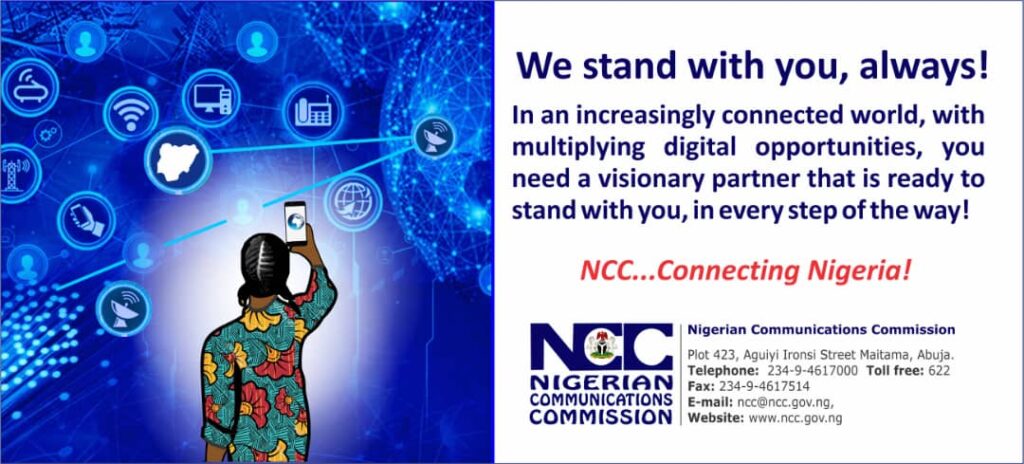
A2P messaging: Why NCC designs new licensing framework for ecosystem
The Nigerian Communications Commission, NCC, has taken a significant step towards addressing challenges in Nigeria’s Application-to-Person, A2P messaging ecosystem by introducing a new licensing framework.
A2P messaging is a vital communication tool in the telecommunications sector, allowing businesses to send SMS or notifications directly from applications to recipients’ mobile phones. Commonly used for marketing, transactional alerts, and service-related notifications, A2P messaging plays a key role in the digital economy.
Despite its importance, Nigeria’s A2P messaging ecosystem has faced critical challenges, including the absence of unified oversight which has led to inconsistencies and vulnerabilities.
Another challenge is revenue leakage because payments often bypass local systems, depriving the economy of potential earnings.
Also, there are security risks arising from spam, fraud, and other illegal activities that have eroded trust.
The sector also faces market disparities because of unregulated termination rates which have created unfair practices and uneven value distribution.
Why regulation is necessary
Following these challenges, the NCC identified the need for a licensing framework to standardise tariffs and promote fair competition. It also intends to enhance security against spam, fraud, and unauthorised traffic.
The NCC’s effort will retain revenue through taxation and levies and as well provide comprehensive market oversight to protect businesses and consumers.
Stakeholders’ forum
At a virtual stakeholders’ forum on the draft A2P Licensing Framework, the Executive Vice Chairman, EVC/CEO of NCC, Dr. Aminu Maida, represented by the Acting Head of Legal & Regulatory Services, Mrs. Chizua Whyte, emphasized the importance of A2P messaging:
“A2P messaging plays a vital role in today’s digital world. It has become the go-to platform for businesses to send notifications—transactional, promotional, or service-related—directly to consumers. From bank alerts and healthcare reminders to promotional campaigns and government updates, A2P messaging enhances communication, drives efficiency, and supports socio-economic development.”
Dr. Maida also underscored the need for collaboration among three key stakeholders: Government: For efficient public service delivery.
Consumers: To ensure secure and reliable updates.
Industry: To foster innovation and sustainable growth.
Dr. Maida noted: “This framework represents our commitment to fostering innovation while ensuring all players in the value chain operate in a fair, transparent, and secure environment. At the NCC, we firmly believe effective regulation stems from inclusivity and collaboration.”
Licensing framework overview
At the virtual forum, Assistant Director at the Licensing and Authorization Department at NCC, Mrs. Truddy Tony-Awusakuthe proposed a framework which aims to regulate A2P messaging and address existing challenges.
Key features of the framework include:
Centralized Routing: International A2P messages must pass through a secure platform.
License Fee: N10 million for a renewable five-year license.
Eligibility Requirements: Applicants must be Nigerian-registered corporate bodies, have agreements with host network operators, and demonstrate financial capacity.
Compliance Measures: Operators must adhere to data protection laws, encryption protocols, and periodic reporting.
Benefits of the framework
The framework is expected to:
Protect consumers and reduce spam and fraud.
Retain revenue within the local economy.
Promote fair competition and transparency.
Build consumer trust by safeguarding user data.
The NCC has invited input from stakeholders, including operators, aggregators, businesses, service providers, and consumers, to finalize the framework.
As the Commission prepares the final draft, this initiative promises to create a thriving, regulated ecosystem that benefits all stakeholders and advances Nigeria’s digital economy.


